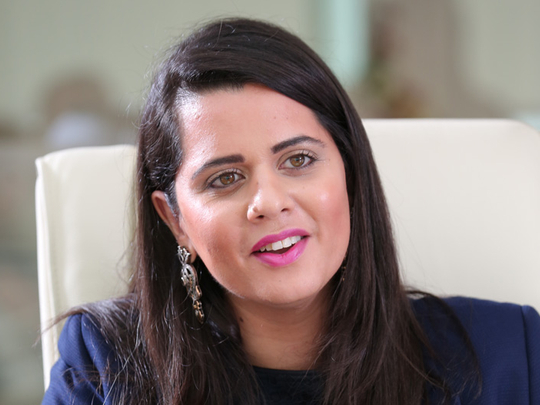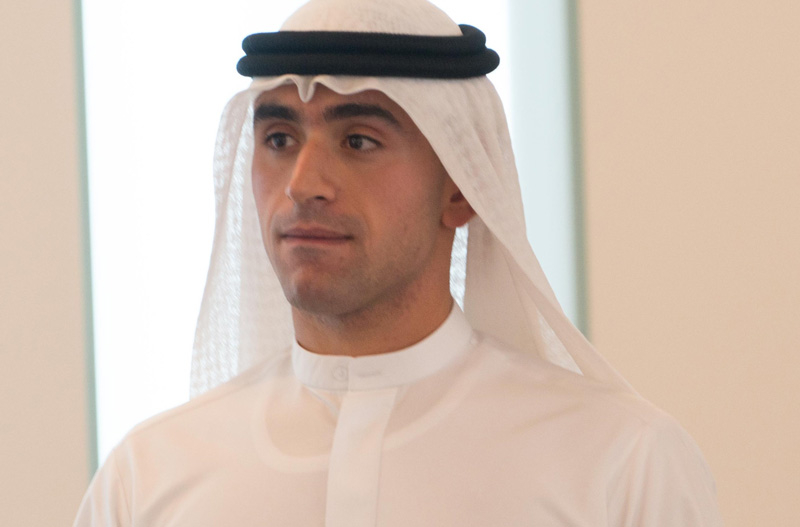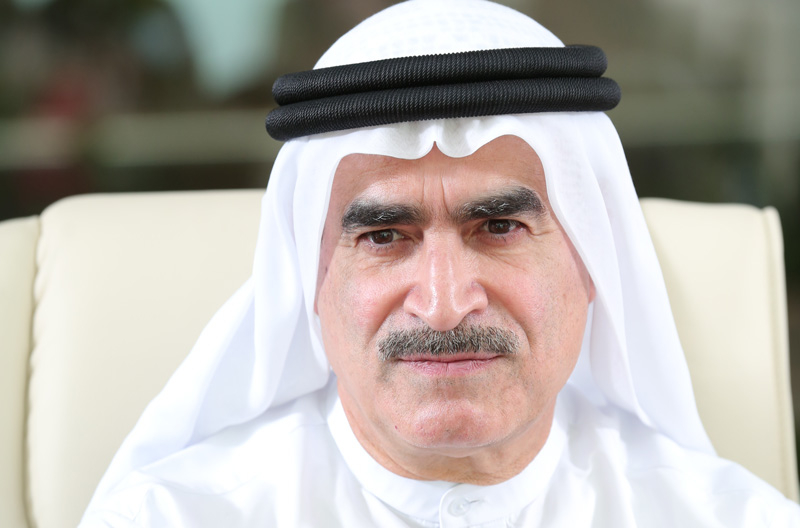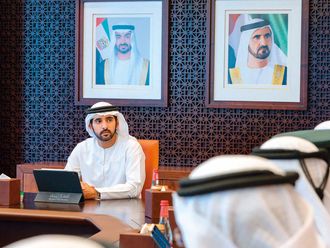
Nisha Jagtiani’s relationship with diabetes began as a family issue. Her father, Micky Jagtiani, Founder and Chairman of a Dubai-based retail group, Landmark, was diagnosed with the disease.
“Fighting diabetes was a personal issue as my father has it, but very soon it transcended into a community initiative and has a life of its own in the last eight years,” says Nisha, Executive Director of Landmark Group, speaking ahead of World Diabetes Day tomorrow. “It’s not just about one person ever. There is no cure to diabetes. Trust me I’ve looked at everything – holistic, homoeopathic – absolutely everything. When I looked at the statistics I was shocked.”
She talks about an alarming escalation of the number of diabetics in the region, quoting figures such as an estimated 35.4 million sufferers in the region 2015 and a forecasted 70 million diabetics by 2040 in the Middle East and North Africa (Mena).
Jagtiani is now at the forefront of Landmark’s Beat Diabetes initiative. Launched in 2009, the programme’s aim is to raise awareness, educate on healthier living and diagnosis of the disease. Beat Diabetes operates in the UAE and other GCC countries as well India, offering free testing to thousands of individuals. Each November the organisation holds Beat Diabetes walkathons. Last year, 35,000 people across the region participated. In the Dubai, the walk is set to take place in Zabeel Park on Friday, November 18. However, the walkathons are only part of Beat Diabetes’ work.
Jagtiani cites figures of 12 million when she refers to the numbers affected by the initiative’s outreach and social media initiatives.
Health U-turn
Essa Ahmed Al Ansari, an Emirati exercise enthusiast and motivational speaker, talks about the shock his diagnosis with type 2 diabetes had on his family. He discovered that he had the disease at the age of just 21. “No one in my family had diabetes and no one in my family was unhealthy, except for myself. Everyone was shocked because they thought that diabetes was genetic. It was very difficult.” Al Ansari’s family, who own the Redha Al Ansari Exchange money transfer and exchange business, were supportive nonetheless. “The only thing my family said to me was that I needed to start changing my lifestyle,” he says.
When he was diagnosed, Al Ansari weighed 132kg. He has subsequently lost more than 72 kilos. “I was into sugar, junk food and a lot of eating,” he says. “It’s an easy life in the UAE, as they always say. There was one day when I felt dizzy and I had blurred vision. I was thirsty and hungry so I went for a check-up and I found out that I had type 2 diabetes.” As a consequence of his wakeup call, while still working in the family business, the Emirati also takes time to visit schools and institutions to share his story with the next generation. “I go and give talks to schools and corporate companies, and my main target is the younger generation and kids. I talk to them about my journey and my weight loss. I want to change the school cafeterias and the food they eat in the schools themselves.”
According to Dr Abdul Razzak Al Madani, President of Emirates Diabetes Society, thousands of residents may be living with family members who aren’t even aware that they have the disease: “Of the eight million people in the UAE, nearly 1.3 million are living with diabetes and at least 500,000 are yet to be diagnosed.” The specialist cites a number of lifestyle issues here in the UAE for the prevalence of the problem.
He mentions the widespread availability of fast food, its delivery and advertising, as well as issues such as widespread smoking in public places. While Dr Al Madani doesn’t believe in draconian measures to change people’s lifestyles, he supports education and awareness. He believes that simple changes can make a huge difference. “Walking is the easiest and cheapest exercise. If you walk 10,000 steps a day or 5km, it will help prevent diabetes.”
Parents, pay attention
Rob Donker, a Scottish expatriate and general manager of Dubai-based Beyond Wellness, believes the issue with childhood obesity, and later type 2 diabetes, is partly down to the parents. The corporate wellness specialist has encountered situations where he doesn’t think that parents pay enough attention to their offspring. “With education, it always come from the top down. If children can see that their parents are fit and healthy and their parents are their heroes, it will encourage them to be healthy.”
What is unquestionable is the huge impact that type 2 diabetes has had on families in the region. “It’s an epidemic that’s boomed in the last 20 years,” explains Dr Madani.















